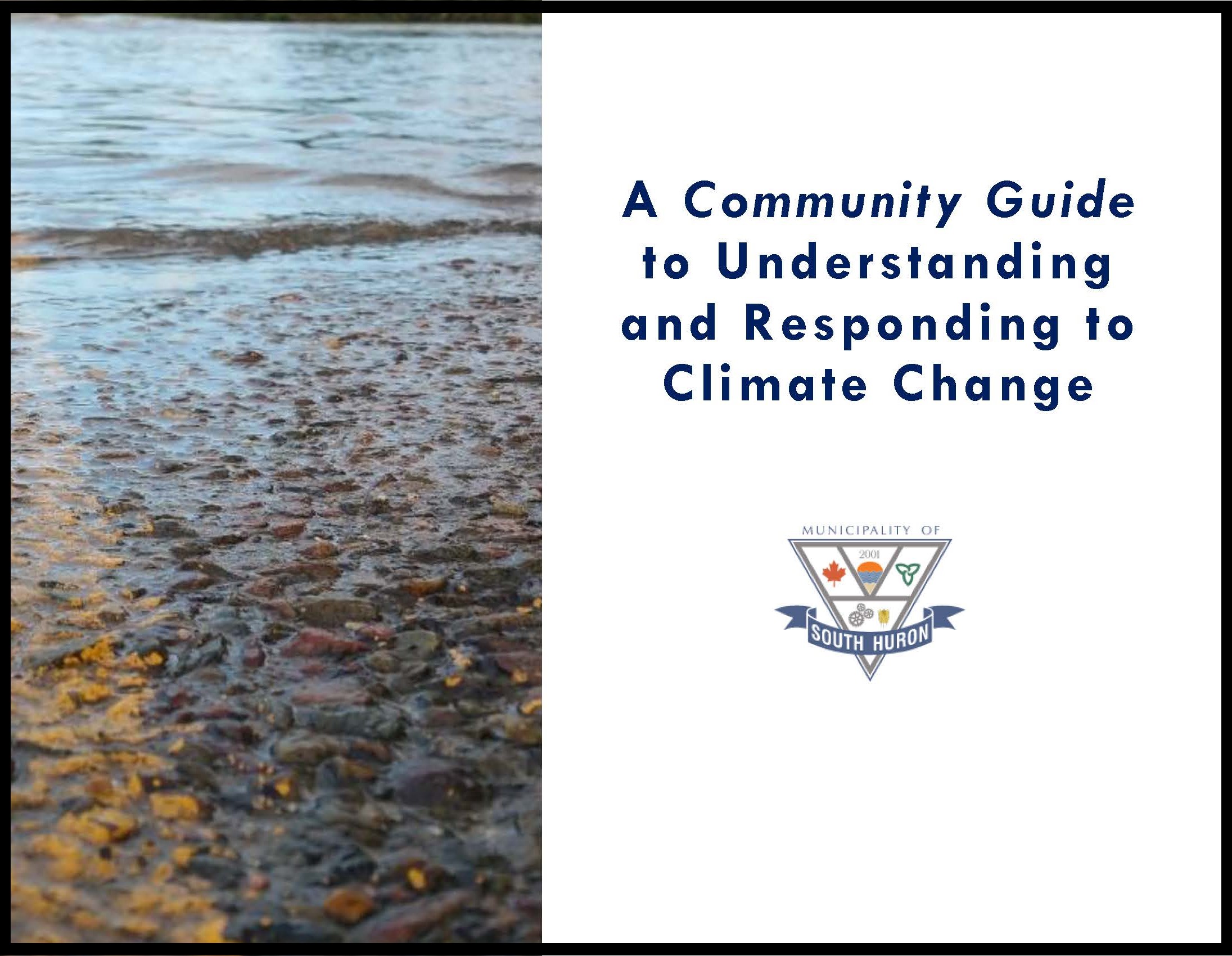Adaptation is an action that adjusts practices, processes or structures in response to the unavoidable impacts, either opportunities or threats, caused by climate change. The goal of effective adaptation is to anticipate the impacts ahead of time (proactive) rather than after the impacts have been experienced (reactive).
Climate change refers to a significant variation to long-term (typically decades or longer) change in climate (global or regional) which reflects changes in weather patterns, including an increase in temperature, fluctuating precipitation patterns and extreme weather events.
Global Warming refers to the long-term warming in temperature observed on a global scale. Global warming is one aspect of climate change. The primary source of global warming is in the increase of greenhouse gases (GHGs) released into the atmosphere by human-made activities which burn fossil fuels including transportation, manufacturing and electricity. Natural sources of GHG emissions include volcanic activity, the Earth’s orbit, and the solar output.
The Greenhouse Effect refers to the buildup and long term presence of GHGs in the atmosphere, causing the atmosphere becomes thicker which traps the sun’s radiation (heat), making the Earth’s air temperature warmer.
Greenhouse Gas (GHG) refers to gases that have the property of trapping heat or longwave radiation in the atmosphere that was radiated from Earth, contributing to the greenhouse effect (see definition). The following gases are considered a greenhouse gas: carbon dioxide (CO2), methane (CH4), nitrous oxide (N2O), and fluorinated gases (synthetic gases).
Mitigation refers to measures implemented to reduce the contributing sources of climate change (ex. GHG emissions reduction) that contribute to the unavoidable impacts.
Resilience refers to the capability to respond and recover to change or disruption while maintaining an acceptable level of service or functionality.
Weather refers to the variation in short-term atmospheric conditions (temperature, wind, precipitation, humidity, cloud cover) that occur from minutes to weeks.

